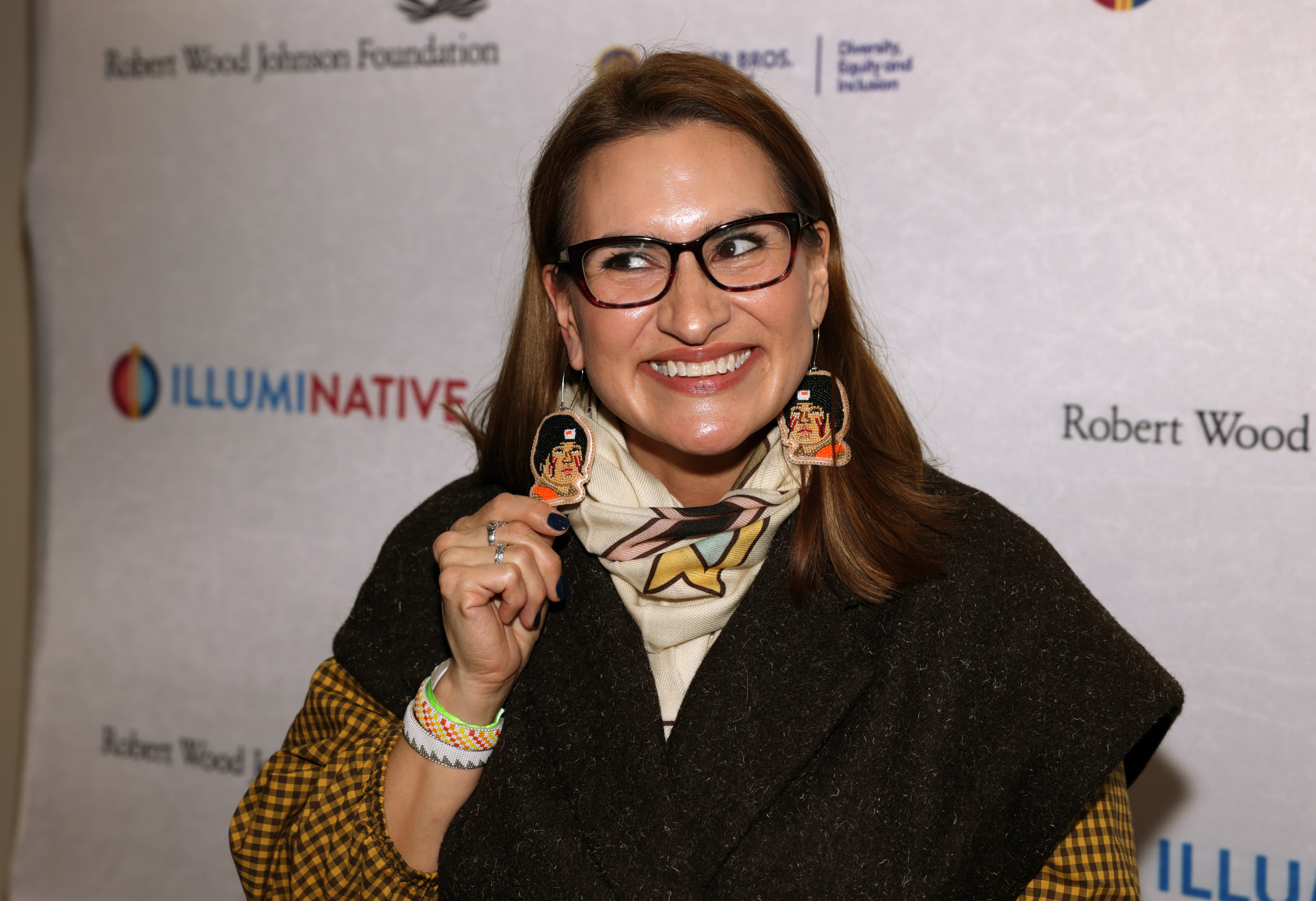Minnesota Lieutenant Governor Peggy Flanagan recently emphasized the pivotal role of Native American votes in the upcoming presidential election, arguing they can significantly influence the outcome.
As a growing voting bloc, Native American voters have proven crucial in tight elections, especially in swing states like Arizona, Nevada, and Michigan. Their turnout was key in past races, notably aiding Democrats during the 2020 presidential election and the 2022 midterms.
In Arizona, for example, Native American voters helped President Joe Biden secure the state, marking a Democratic win for the first time in more than 20 years. Similarly, they played a significant role in preserving Democratic victories in Nevada and Michigan.
With the election heating up—Vice President Kamala Harris, the expected Democratic nominee, will run against GOP nominee Donald Trump and his running mate, Ohio Senator JD Vance—important voting demographics are emerging as crucial given the battleground state’s influence.
In an MSNBC interview on Saturday, Flanagan, the highest-ranking Native American official in the U.S., stated, “Native people are strategically located in swing states, and our vote can make or break a campaign. Ignoring us could be a costly mistake.”
Harris, noted for being the first Black and South Asian vice president, continues to engage with marginalized communities, making several campaign stops and promises aimed at addressing their needs.

Natasha Campos/Getty Images
Notably, the League of United Latin American Citizens (LULAC) endorsed Harris, marking a historical moment for the organization, while a group called South Asian Women for Harris rallied over 4,000 women in support.
On the other hand, Trump has been reaching out to Black voters through various events, emphasizing his commitment to these communities.
Flanagan highlighted ongoing challenges Native Americans face, including voter suppression tactics like restrictive ID laws and transportation issues. She pointed out, “Obstacles to Native participation, like rejecting tribal IDs and enforcing physical address requirements, disproportionately affect reservation communities.”
She also expressed clear partisan support, stating, “Only Kamala Harris and Tim Walz prioritize making voting accessible for everyone.”
According to the Native American Voter Rights Fund, only 66% of eligible Native American voters are registered, translating to over 1 million who are not.
Advocates are pushing for the Native American Voting Rights Act to alleviate these barriers, although it has yet to be passed.
Flanagan, who may become the first Indigenous governor if Walz wins with Harris, is actively promoting initiatives in Minnesota that include tribal consultations in governance and protections for Indigenous children in adoption.
